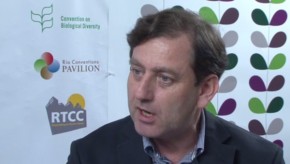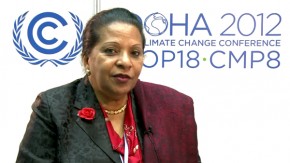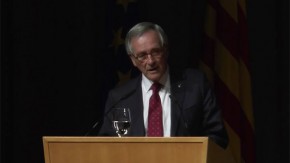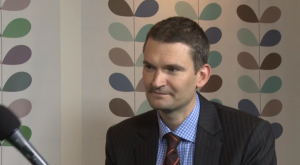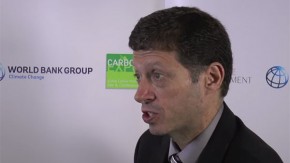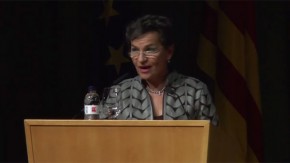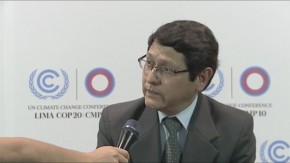Rio Conventions Pavilion TV, CBD COP11 (13/10/2012) – Tim Hirsch, the Global Biodiversity Information Facility (GBIF)’s Senior Programme Officer for Engagement, explains how the sharing and availability of knowledge is essential to effectively protecting biodiversity.
Hirsch expresses his hope that COP11 will manage to agree measures to increase the availability of knowledge and data, allowing better monitoring of biodiversity trends – something he considers essential to meeting biodiversity targets under the Nagoya Protocol.
Hirsch emphasises that decisions are having to be made in the absence of data, which he implies undermines the effectiveness of policy-makers.
Hirsch explains how GBIF’s national nodes are bringing together international data of different sources and formats to try and rectify this situation. He gives the example of natural history museums sharing information on the specimens they hold from 300 years of natural history exploration. Hirsch asserts that by sharing this information with these specimens’ nations of origin, GBIF can assist those nations in understanding national trends in biodiversity.
Hirsch also explains that observational data, including from citizen science organisations, can be an incredibly useful tool when made accessible to everyone. He argues that when all of this is available online in one place it will be incredibly valuable to scientists, policy-makers and the public.
